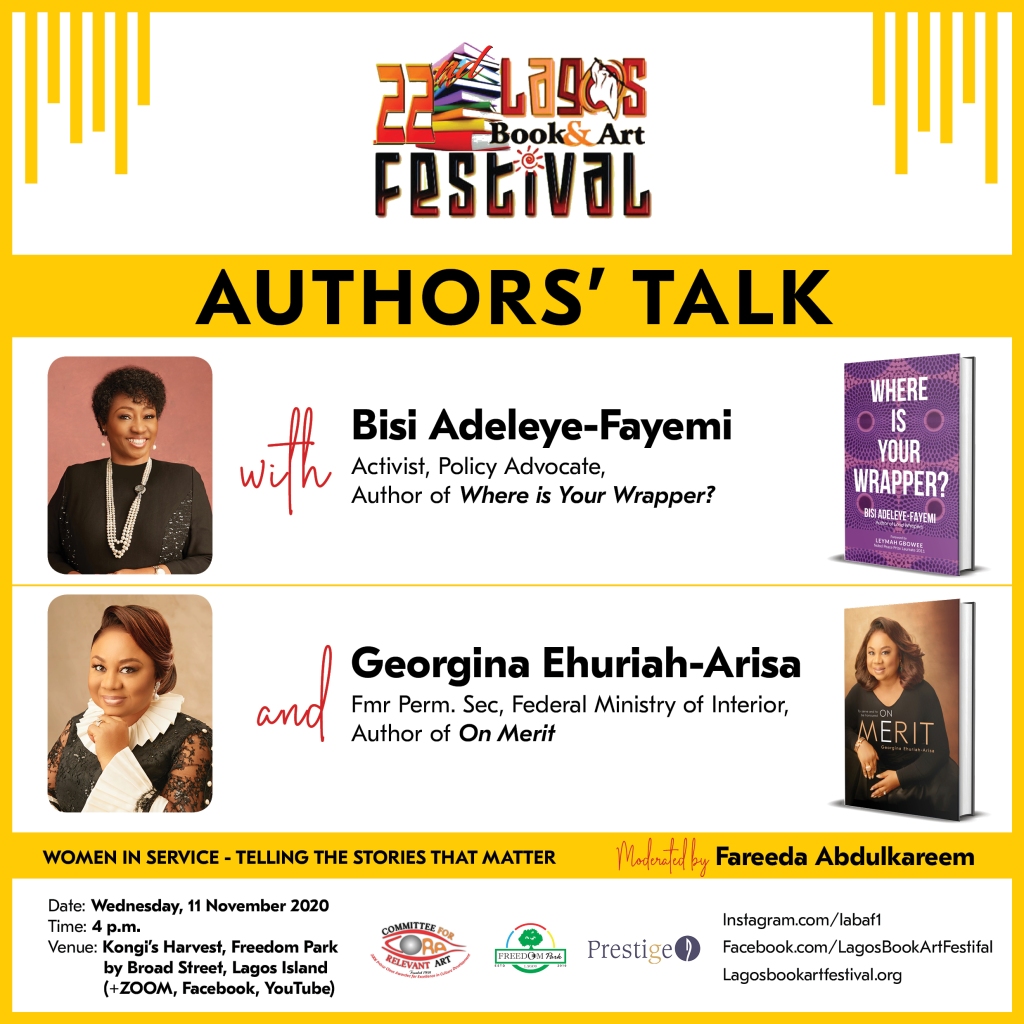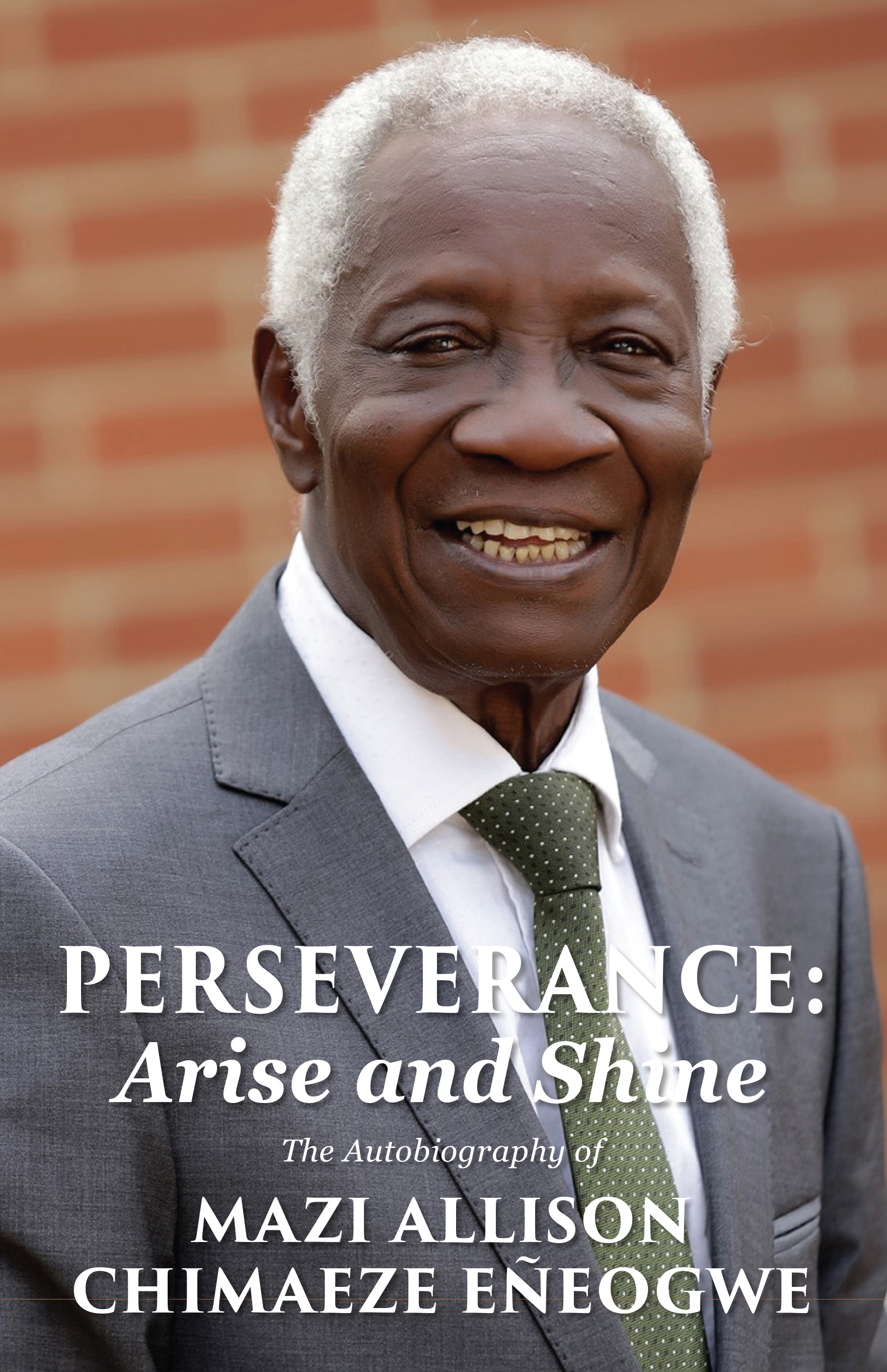DCT agent Patrick Emenalo returns to work on the same day there is a bombing at a popular fast food joint in Lagos. Dark Cell, a terrorist group, claims responsibility and demands the release of Red Baron, arms smuggler and crime boss.
Patrick, caught in a game whose rules are set by shadowy crime syndicate, The Orchid, must race against time to stop the terrorists before they strike again.
Face-paced and seamlessly written, Onyekwena’s debut takes bold steps into the widely uncharted world of organised crime in Lagos.
Here is an excerpt from The Orchid Protocol by Onochie Onyekwena.
Enjoy.
IDOWU MARTINS STREET, VICTORIA ISLAND, LAGOS
Hasta La Vista, a once-popular fast-food joint, was in chaos. Most of the damage was on the left side of the building. The bomb unit had discovered that the explosive device was detonated in one of the toilet stalls. There were bricks and red and yellow nylon strips all over the section where a bouncing castle used to be. The roof of the restrooms and the adjoining part of the food court had been ripped open by the blast. It was also flooded due to all the burst pipes.
The police had sealed the entrance to the parking lot to keep reporters and concerned citizens away from the crime scene. Several reporters were yelling questions at every law enforcement officer they saw. Meanwhile, on the other side of the police seal, paramedics were attending to victims with lighter injuries. Some police officers were helping the response unit retrieve bodies from the building, the mix of their black and yellow uniforms lending more disarray to the sight. Another police officer tried to usher two kids away from the stretcher that carried their father. Though the fire service had put out the flames from the blast, the building was covered in smoke and dust.
It wasn’t the first attempt at a terror attack of this magnitude in Lagos, but it was the first that had succeeded. Detective Tega Isong, his partner Peter Chiaba and a member of the bomb unit were also on the scene, scraping through debris for any remains of the suspected explosive device.
After ten minutes of sifting through dust and shattered bricks in what used to be toilets, Detective Chiaba found a half-melted mobile phone battery and some charred metal rods, the type which the bomb unit guy had described as detonators used to arm C-4 explosives. The bomb squad was already taking swabs for traces of C-4 components. Judging from the degree of the damage caused by the explosion, they estimated that about three kilogrammes of C-4 was used in the attack.
Chiaba picked out his pad. “About thirty people still in there, plus staff.” He paused. “They’ve recovered ten dead bodies so far.”
“Shit. Have the DCT guys gotten here yet? I think this is their stuff.”
“Yeah,” Chiaba said and pointed, “over there.”
“Alright, go and see if the bomb squad has got anything. I’ll talk to the DCT.”
Tega walked over to the other side of the car park, past all the debris, until he spotted a crouched DCT agent holding a tattered face cap in his hands.
“Patrick?” he called out.
Patrick turned to look at Isong and then returned his eyes to the face cap. “Hello Tega, it’s been a while.”
Patrick’s jaw was twitching as he fiddled with the face cap.
“I just got the latest count. It’s ten dead with fifteen injured. This is serious,” Tega said.
Patrick looked around. Traffic was building up as the police tried to keep the growing crowd off the road and away from the crime scene. He gazed left and right, scanning both sides of the road carefully. He pointed at the CCTV cameras he saw attached to a tall street light behind the crowd of reporters and civilians across the left side of Hasta La Vista. “Can you get me feeds from those cameras?” he said to Tega.
“Sure thing.”
Just then, Detective Chiaba, Jessica Etche of the DCT and Nsikan Akpan, the leader of the police bomb unit, approached them. Jessica had been with the DCT since its inception. She joined a year after completing her studies in forensic medicine at Florida International University. Detective Chiaba first met her at a security symposium a year ago; everyone noticed the girl that barraged the keynote speaker with complicated questions.
Chiaba spoke up. “I think we found something,” he said and nodded at Jessica.
“What is it, Jess?” Patrick said.
“Sergeant Akpan said the place was bombed with a few kilogrammes of C-4,” Jessica said, passing the remains of the burnt phone battery to Patrick. He observed it for a few seconds and turned to Akpan. “Remotely detonated.”
“It appears so,” he said. “Whoever it was could have been anywhere between two to two hundred miles from here and still be able to detonate it.”
“How is that possible?” Jessica said.
“It’s a mobile device. Whoever rigged it, wired it in such a way that it would detonate if any call came in. I strongly believe that’s what happened.”
“Alright, Jessica, take the samples you’ve found to the lab quickly.” Patrick turned to Tega. “Can we get a list of the victims as soon as they’re identified?”
“Right,” Tega said. “Chiaba will get that started.”
As Chiaba, Jessica and Akpan walked away from him, Patrick couldn’t take his eyes off the destruction.
“We couldn’t have seen this one coming,” Tega said.
“But we should have. That’s why we’re here.”
“Don’t beat yourself up. We’re not superheroes.”
Patrick sighed. “The person—the people that did this, what could they possibly want so badly that they would attack and kill innocent civilians?”
Tega shrugged. “Beats me. Whatever it is though, my guess is that we’ll be hearing from someone pretty soon.”
Just then Patrick’s phone rang. “Sorry, I have to take this,” he said to Tega.
“No p,” the detective said, watching Patrick as he stepped away with his phone glued to his ear. He came back two minutes later.
“That was the chief. I have to get back to the station.”
“Alright, we’ll finish up here,” Tega said.

The Orchid Protocol is now available in bookstores MedPlus outlets nationwide. You can also order a copy HERE.
Find the author on Instagram: @officialonochie.










